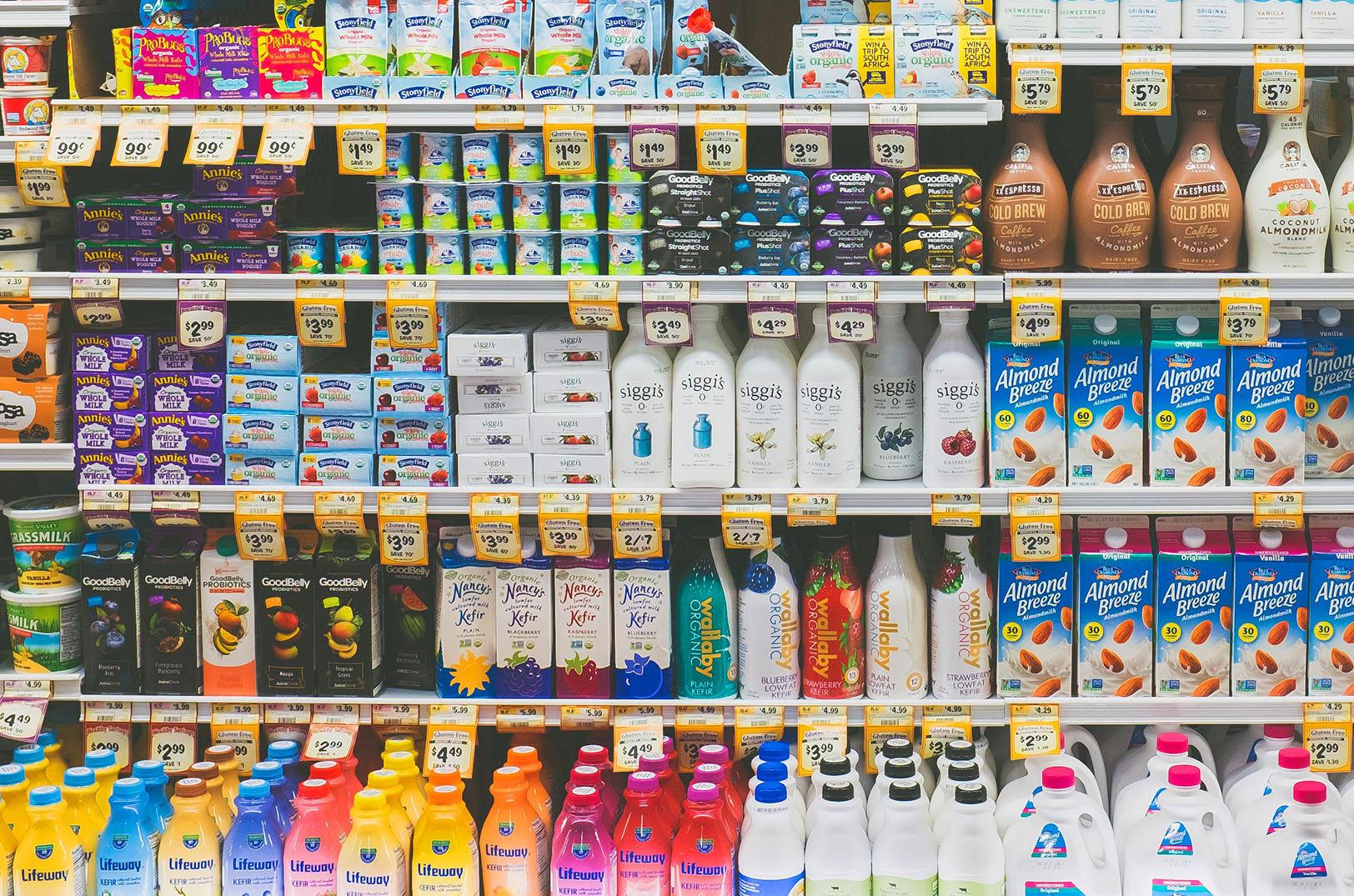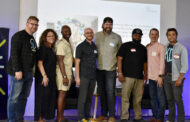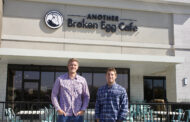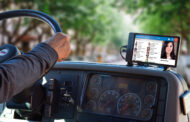The COVID-19 pandemic clearly isn’t going anywhere until the arguing stops, said Jason Wadsworth.
“Mask-wearing has become political and that’s just so disheartening,” said Wadsworth, vice president of engineering at MobileUp Software. “These times are unprecedented and I really hope that as a community, we can stop arguing and just come together to work it out. This is not driving toward the goal that we want to accomplish, which is to save lives and keep people healthy.”
Wadsworth developed the Coshoperari app in recent weeks to help drive solutions for the drawn-out battle against COVID, he said.
Launched in early June, the app gives users the ability to combine grocery orders with friends and designate a certain individual to pick up those items in hopes of reducing overall traffic inside stores, Wadsworth said.
“It’s something that became sort of a passion project and it gave me something to do while all the chaos was going on. I think at the end of the day, it’s just something that has the potential to be helpful,” he added. “It was a good way to keep my mind off of things but feel like I was contributing at the same time.”
Coshoperari is available on iTunes and Google Play stores. Click here to learn more about the app.
“It’s an easy way for the community to work together and help each other out with grocery shopping,” he said. “Think about all the times you’ve been like ‘Oh, we’re out of this!’ So, it ‘s not necessarily designed for others to pick up an entire grocery list, it’s more like ‘Hey, I need something small, or one or two items.’”
The impact of reducing outings a few people at a time can build to an overwhelming positive win in the fight against the pandemic, he added, noting the app could prove useful for people residing across the spectrum of population densities — from rural to urban settings.
“Maybe it also has this side effect of getting you to talk to your neighbors that you might not even know as you start to help each other out and get to know each other a bit better,” Wadsworth said.
The side project is about gaining awareness, he said, noting the expectation for making money is minimal.
“I’m really just trying to find ways to get people to talk,” Wadsworth added. “As somebody who’s just kind of doing this on their own, there’s not any making money at all for advertising. Everyone seems really interested in it conceptually, but the amount of use has been limited so far.”
“If it starts to become a real expense, then I’ll figure out a way to make money off it, but I’m not really worried,” he said. “I mostly just like it. At the end of the day, it was just something that I really want to do to help.”
Getting the app adopted across specific metros and geography will be key in making the most impact from the app, Wadsworth said.
“Kansas City is where I live, so obviously it’s here, but if there’s another area that makes sense, I’d like to get the area aware of it so people would use it to some degree, and then hopefully from there it grows and starts getting more use,” he said.
Wadsworth hopes it also adds to the trend of employers seeing less need for workers to be physically located at centralized workspaces — further reducing the need for face-to-face interactions during COVID, he said.
“I think it’s interesting to just watch and say, ‘No, maybe it’s just not worth it,’” Wadsworth said. “There are a lot of advantages to that face to face element of work but we are getting things done remotely. We’ll see, but I think we are going to see more of people just saying, ‘You know what, being in the office just isn’t really that important.’”









































